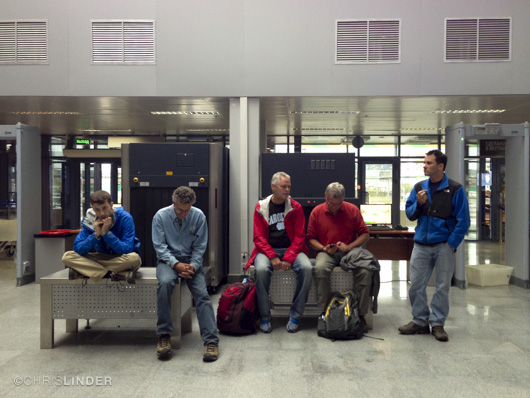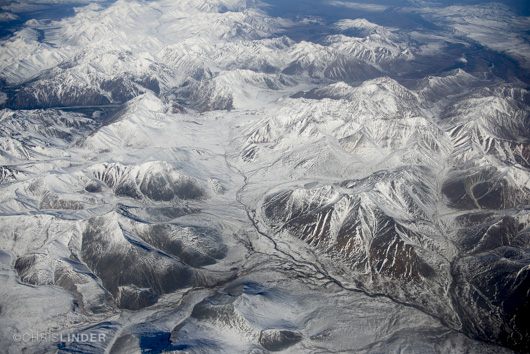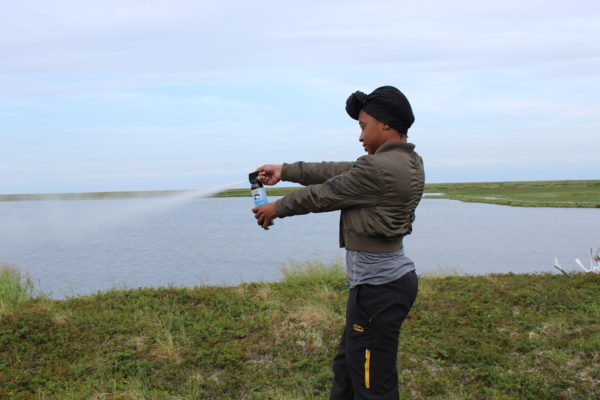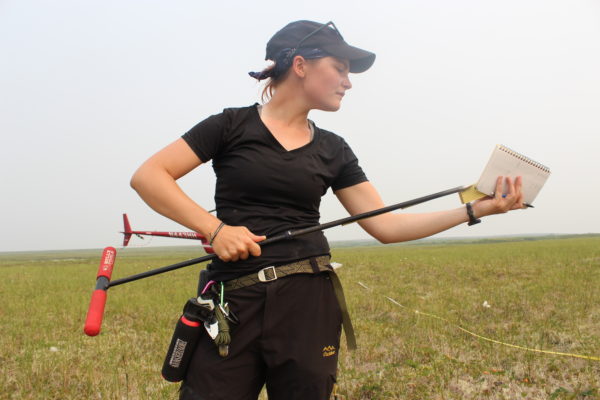Being a scientist means you’re always learning and being creative. Being an Arctic scientist means you also must be patient, especially here in the Siberian Arctic. We experienced this first hand as we exercised (and nearly ran out of) patience in the form of a 100-hour delay in Yakutsk – a new Polaris record!

Disappointed in Yakutsk airport
While we were eager to get to the Northeast Science Station and get projects rolling, we did accomplish a few things in Yakutsk. We met up with Polaris PI Valentin Spektor, toured the Permafrost Institute and journeyed into the bowels of Yakutsk (the largest city in the World built on continuous permafrost) via the below-ground sub-freezing permafrost tunnel. We also bonded with our Cherskiy-bound delayed Russian passengers, tried our luck with fermented horse milk (a Yakutian specialty), visited the local natural history museum, and planned out our Cherskiy science destinies so we could hit the ground running. We have a diverse group, composed of Carbon Bomb aquatic biogeochemists, Rob and Paul, USGS carbon flux masters, Rob Striegl and Mark Dornblaser, USGS mercury man, Dave Krabbenhoft, and paleoclimatologists Brian Schubert and Bill Hagopian as well as science photographer Chris Linder. While being stuck in Yakutsk isn’t the most ideal or productive way to spend our time in Russia, it’s been great to learn about the wide range of research in the group and get outside perspectives on our own work. Plus, nothing bonds a group of scientists like sharing meat compilations over instant coffee at the Yakutsk airport.

Flying over snow-capped Siberian wilderness. Winter is coming.



